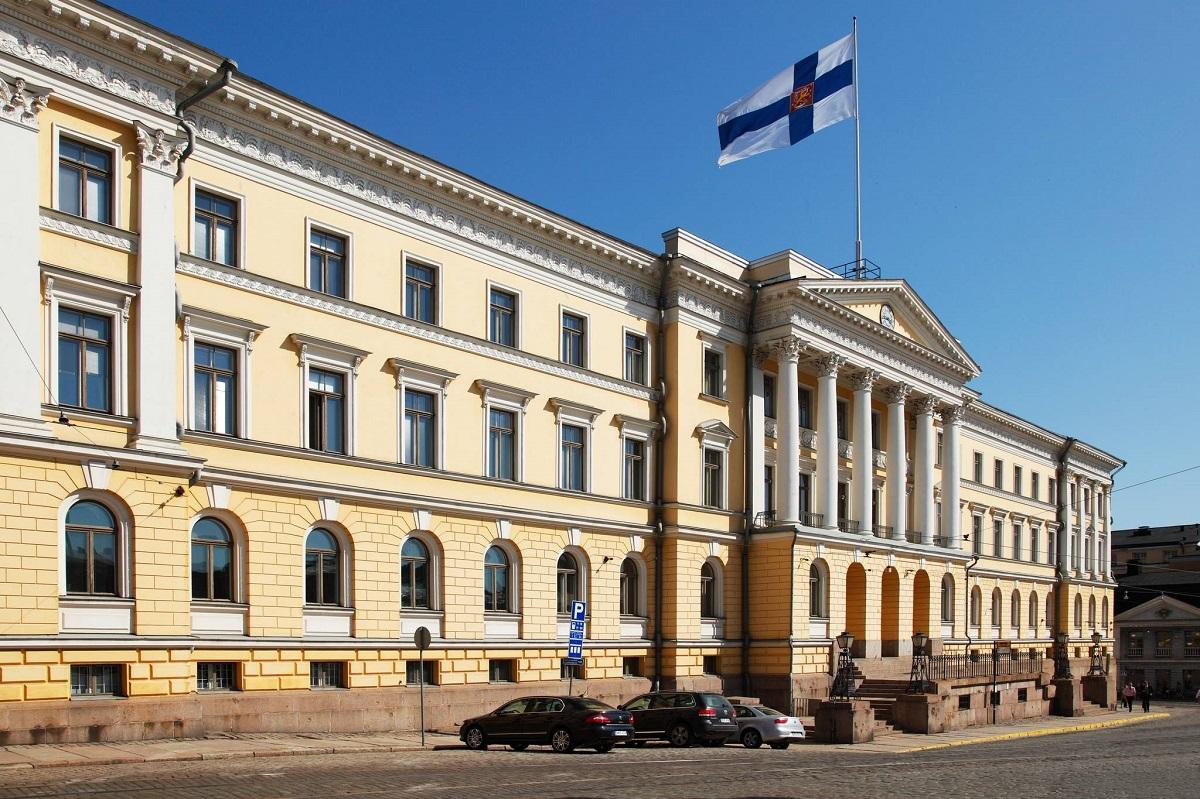External democracy support means the policies and actions which seek to influence other states towards democracy, strengthen their democracy or consolidate their emerging democracy. In practice, tools such as political dialogue, foreign aid and election observation can be used to support democracy. Democracy support can be seen as a part of the foreign policy of Western states. My Master’s Thesis explored Finland’s democracy support from the perspective of the Ministry for Foreign Affairs of Finland through a content analysis on four themes: 1) the concept of democracy, 2) good governance and its relationship to democracy, 3) motivation for democracy support, and 4) challenges in democracy support. The study is based on a qualitative content analysis of documents on foreign policy, development co-operation and democracy support produced by the Foreign Ministry, and on six interviews of senior-level civil servants working with development co-operation and democracy support within the Ministry.
Finnish democracy support is based on a broad understanding of democracy. Share on XDemocracy support is inherently pluralistic, and each state has its own way of planning and implementing democracy support. Finnish democracy support is based on a broad understanding of democracy, which links together democracy, human rights, inclusive participation, the rule of law and good governance, to mention a few. The broad understanding also highlights the political rights of women and marginalised groups.
One of the concepts closely linked to democracy support is good governance. These two concepts are interlinked and mutually reinforcing. Good governance is a part of a well-functioning democracy, but good governance is seen as more technical compared to supporting democracy. I would like to highlight, that it is important to understand the differences and similarities of these two concepts in theory and in practice. I found that good governance is an inherent part of Finland’s democracy support, but its relationship as a concept to democracy is vague. This means that the two are not always clearly distinguished from each other and are not defined. The concept of good governance may be more easily approachable than democracy on international forums as well as for certain states.
Why does Finland participate in external democracy support? The analysis indicates that potential motivating factors for democracy support are the value of democracy as such as well as how democracy is seen to reinforce other goals in Finnish foreign policy and development co-operation. Finnish foreign policy is seen to be value-based, and one of these values is democracy. Supporting democracy was also seen as a pragmatic interest in the way it reinforces other goals, such as sustainable development, peace building, conflict prevention, stability, and economic interests. Important are also Finland’s international commitments through UN and EU, and Finland’s will to uphold the rule-based international system.
Democracy is an important value in Finland’s foreign policy, but there would be further possibilities for Finland to do more in the democracy support sector. Share on XSupporting democracy is not without its challenges. International support for democracy has weakened, and the process of democratisation is not always fast nor easy. These processes are slow and delicate, and there might even be democratic backsliding. In the interviews it was striking how the interviewees identified the discrepancy between the strong rhetorical commitment to supporting democracy and the reality with modest funding and a small number of democracy support projects. Democracy is seen to be in the ‘core’ of Finland, its identity and story as a country and a value guiding its foreign policy. Despite this strong motivation, the funding for democracy support is still rather modest compared to Finland’s development co-operation all in all, and democracy is only one of the many goals in Finland’s development co-operation. Democracy is an important value in Finland’s foreign policy, but there would be further possibilities for Finland to do more in the democracy support sector. In 2018, the funding for democracy support sectors was 3.2% of the total bilateral Official Development Assistance.
Finland’s Democracy Support. Concept, motivation, and challenges, Master’s Thesis by Anna Antila can be accessed here.
—
The views expressed are those of the author and do not necessarily reflect the views of Demo Finland.

